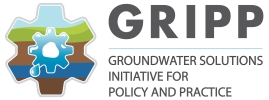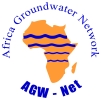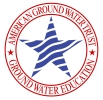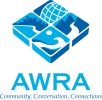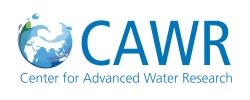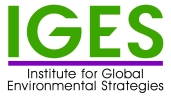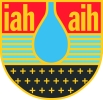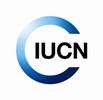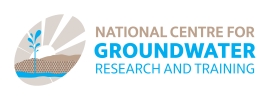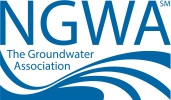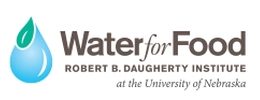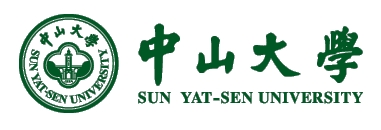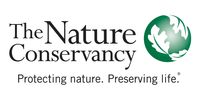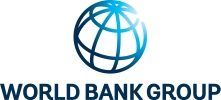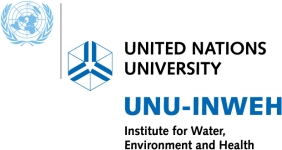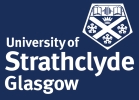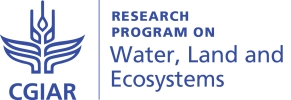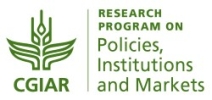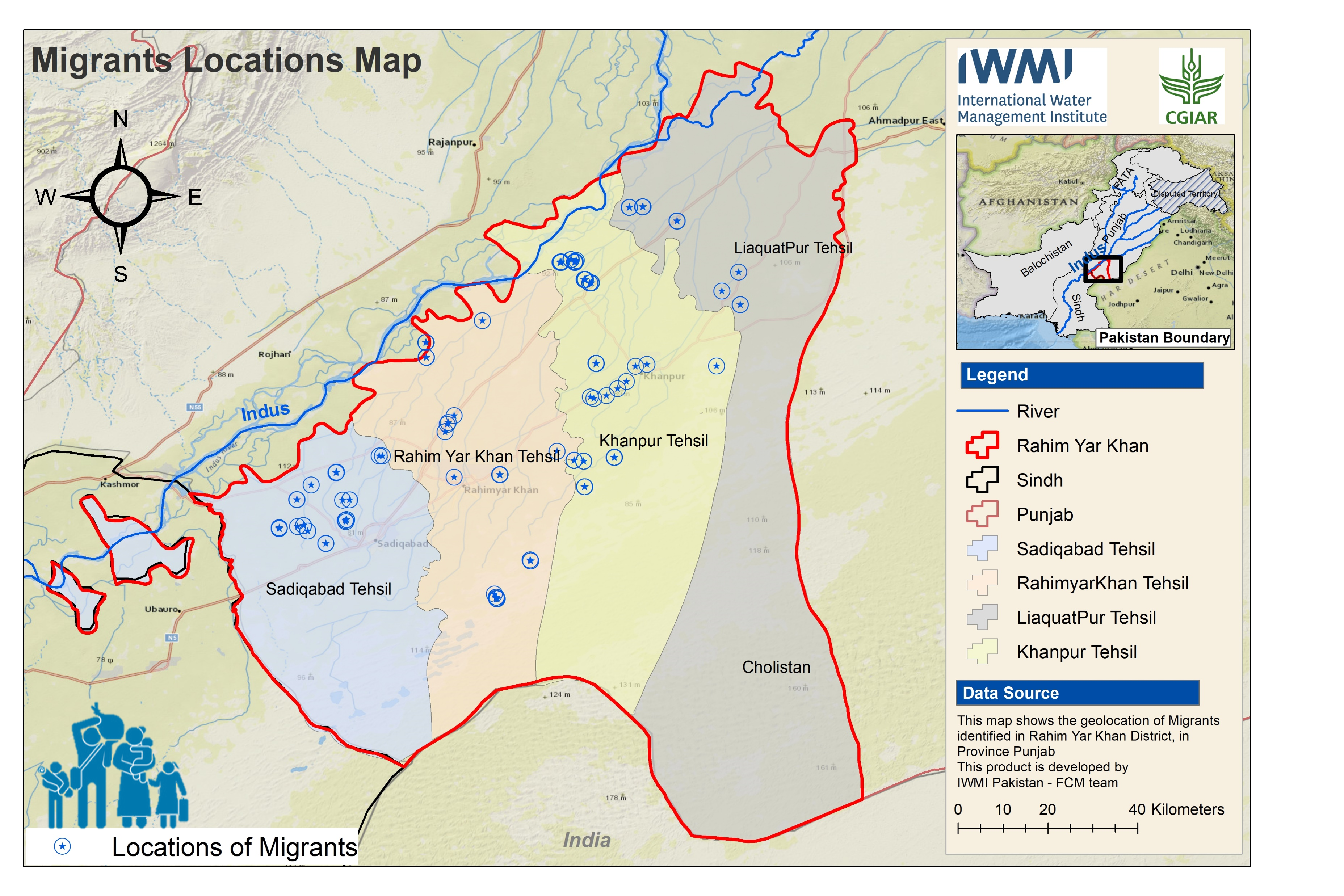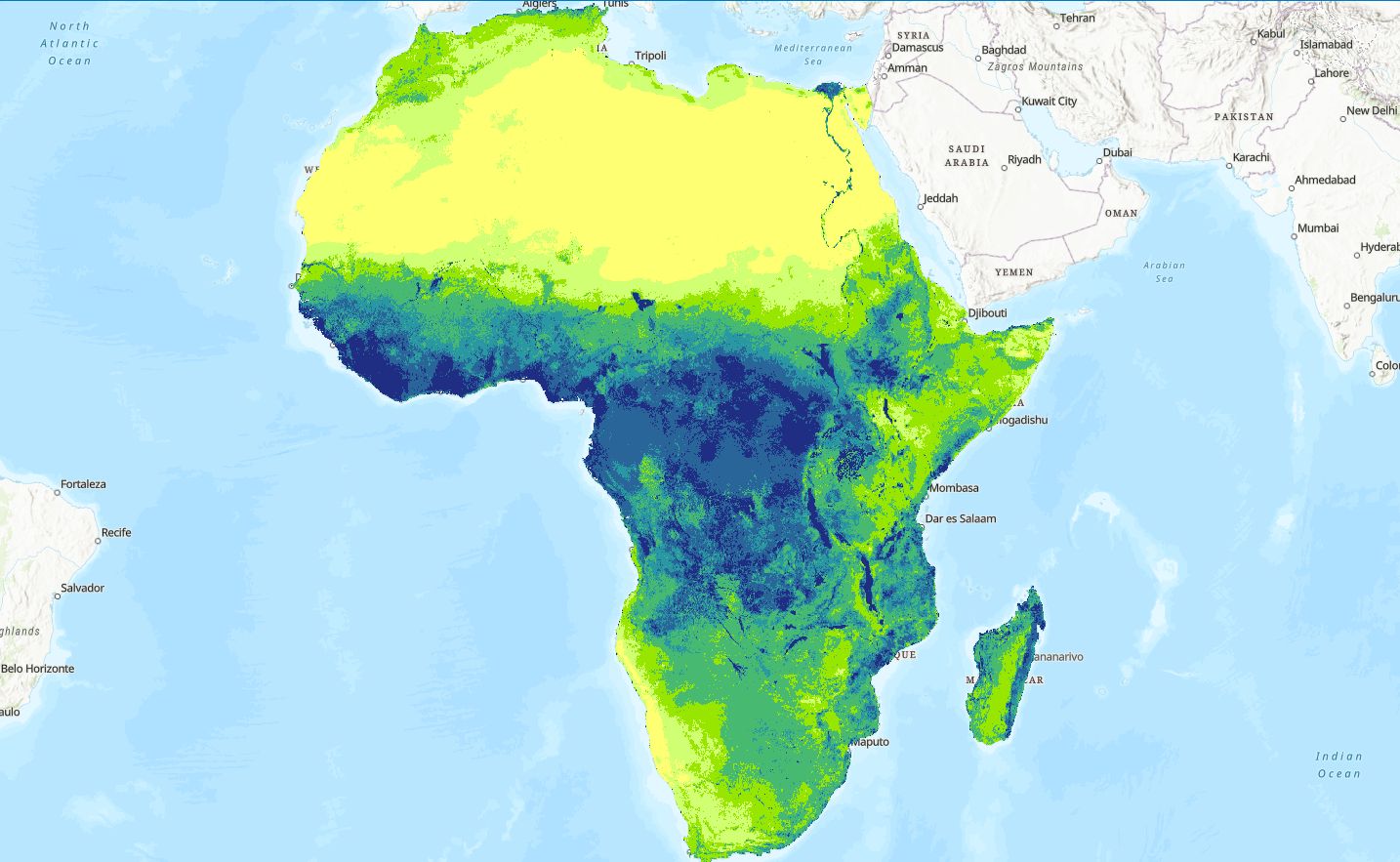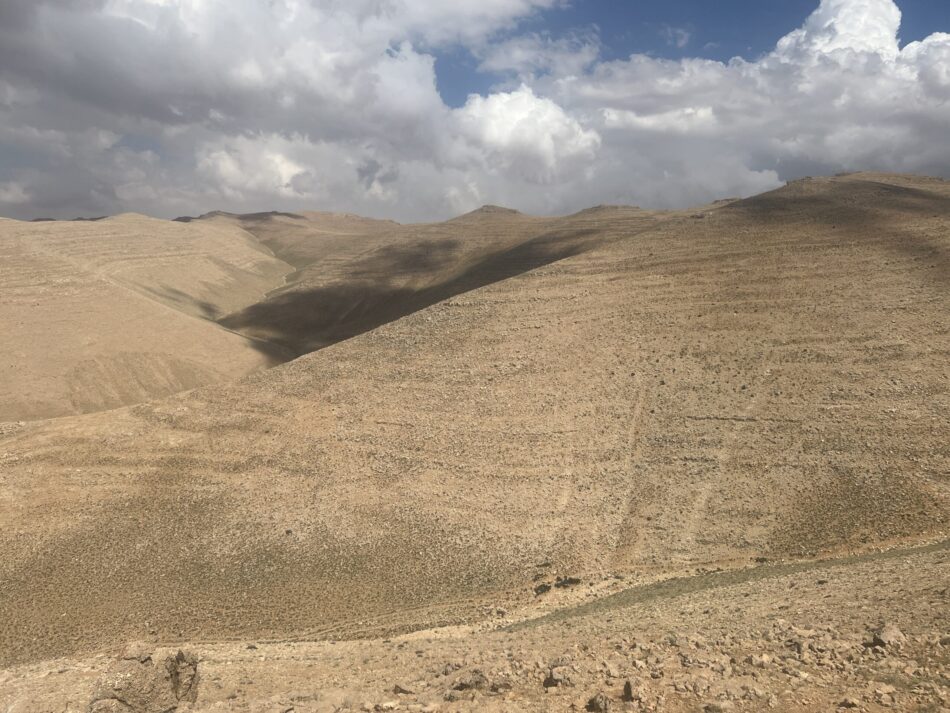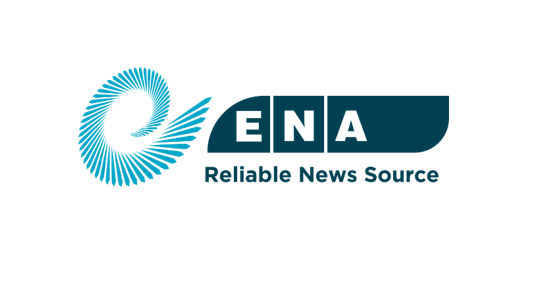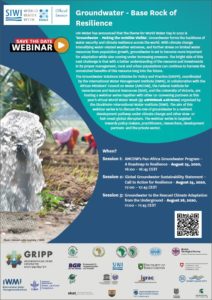 The Groundwater Solutions Initiative for Policy and Practice (GRIPP), coordinated by the International Water Management Institute (IWMI), hosted a webinar series together with the African Ministers’ Council on Water (AMCOW), the Federal Institute for Geosciences and Natural Resources (BGR), the University of Victoria (UVic) and several co-convening partners at this year’s virtual World Water Week (@ #WWWeek #AtHome) organized by the Stockholm International Water Institute (SIWI). The aim of this webinar series was to discuss the role of groundwater in a resilient development pathway under climate change and other slow- or fast-onset global disrupters.
The Groundwater Solutions Initiative for Policy and Practice (GRIPP), coordinated by the International Water Management Institute (IWMI), hosted a webinar series together with the African Ministers’ Council on Water (AMCOW), the Federal Institute for Geosciences and Natural Resources (BGR), the University of Victoria (UVic) and several co-convening partners at this year’s virtual World Water Week (@ #WWWeek #AtHome) organized by the Stockholm International Water Institute (SIWI). The aim of this webinar series was to discuss the role of groundwater in a resilient development pathway under climate change and other slow- or fast-onset global disrupters.
The webinar series, targeted at policy makers, practitioners, researchers, development partners and the private sector, provided a snapshot of the significant work being done by a wide range of organizations. The main aim of this work is to highlight the global significance and footprint of human groundwater dependence, with a view to achieving the United Nations Sustainable Development Goals (SDGs) related to climate resilience, and water, food and health security. Central underlying tenets of achieving these goals are the need for policy attention to groundwater sustainability, accelerating capacity development across all stakeholders and professionals, and enhancing strong local to global partnerships.
Among the global and regional efforts strongly supported by GRIPP partners is the Call to Action on Global Groundwater Sustainability, which allows scientists, practitioners and experts to express their commitment to addressing the challenges of global groundwater use, each from their particular roles, whether local, national, regional or international/global. The Call to Action, giving direction to the efforts, encompasses three action items: (i) put the spotlight on global groundwater sustainability; (ii) manage and govern groundwater sustainability from local to global scales; and (iii) invest in groundwater governance and management. The webinars provided insights from different contexts in China, Southern Africa and the United States, where significant work is underway to develop the capacity, institutional frameworks and policies to pursue a more sustainable and resilient pathway to groundwater dependence.
People around the world are engaging in collaborative efforts: from looking at the functioning of household wells and protection of water supplies for local communities to the diplomatic cooperation on large shared aquifer systems of increasing importance, often transboundary within or between states. The common aim of these efforts is to ensure we are on track to achieving global groundwater sustainability at all scales and in integrated pursuits. UN-Water has announced that the theme for World Water Day in 2022 is ‘Groundwater – Making the Invisible Visible’. This announcement has sparked a wealth of preparatory activities, including the planning for the high-level Groundwater Summit to be held on World Water Day in March 2022. This is likely to be followed by several events and the promotion of initiatives to support the higher visibility of groundwater on the global agenda and its integration into larger development agendas.
Another effort to enhance resilience from groundwater, presented during the webinars, is the present high-level emphasis and move towards close collaboration and networking on groundwater in Africa, spearheaded by AMCOW through their Pan-African Groundwater Program (APAGroP) and supported by a large number of GRIPP partners, and building on previous work, an important example of which is the Unlocking the Potential of Groundwater for the Poor (UPGro) program. This highlights the critical importance of groundwater to help meet the demand for water for growing urban and rural populations, and food production imperatives, while enhancing climate change resilience in all societies through reliable and sustainable supplies of groundwater. APAGroP is surfacing as a critical game changer in co-developing support, capacity development, and strategic programming and collaboration on groundwater with member states, which will be further rolled out over the next couple of years.
Thanks to SIWI for the successful World Water Week At Home and to all partners and co-convenors who contributed to this event.
Convenors of the sessions (in alphabetic order):
African Development Bank (AfDB), African Ministers’ Council on Water (AMCOW), Federal Institute for Geosciences and Natural Resources, Germany (BGR), British Geological Survey (BGS), Global Environment Facility (GEF), International Association of Hydrogeologists (IAH), International Groundwater Resources Assessment Centre (IGRAC), International Institute for Applied Systems Analysis (IIASA), International Network of Basin Organizations (INBO), International Water Management Institute (IWMI), Michigan State University (MSU), Southern African Development Community – Groundwater Management Institute (SADC-GMI), Rural Water Supply Network (RWSN), Stockholm International Water Institute (SIWI), Swiss Agency for Development and Cooperation (SDC), United Nations Educational, Scientific and Cultural Organization – Intergovernmental Hydrological Programme, (UNESCO-IHP), University of Saskatchewan (USask), and University of Victoria (UVic)
Program, panelists, and video recordings of webinars
Sign up for GRIPP news and updates
Sign the Global Groundwater Sustainability: A Call to Action Statement






